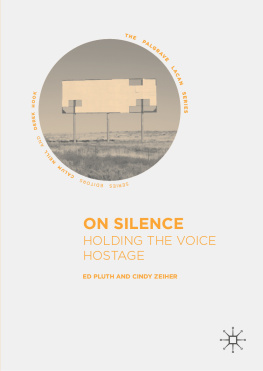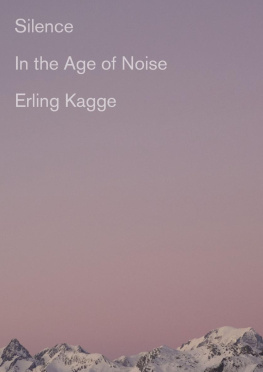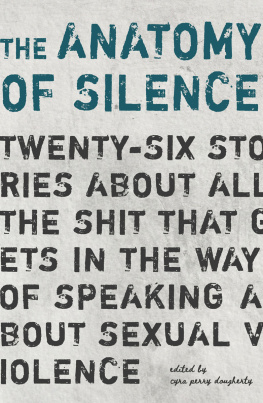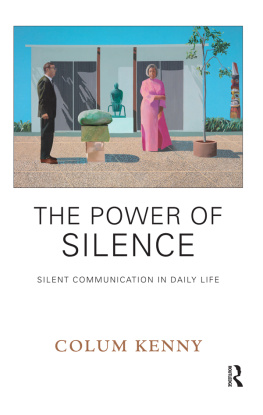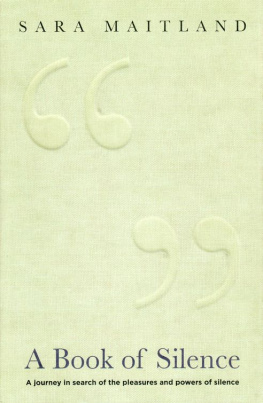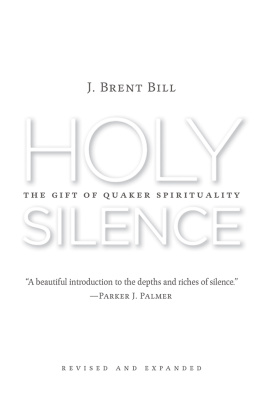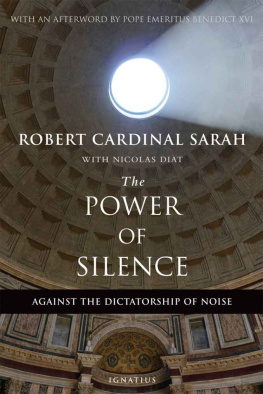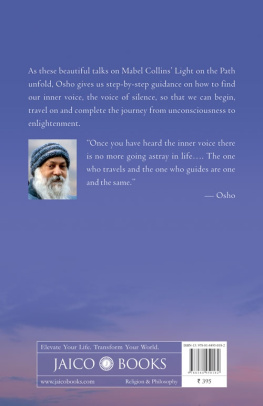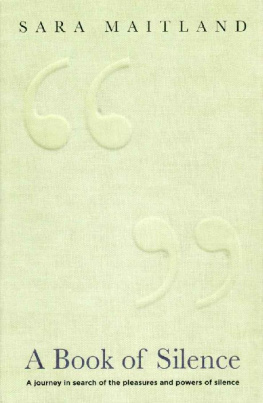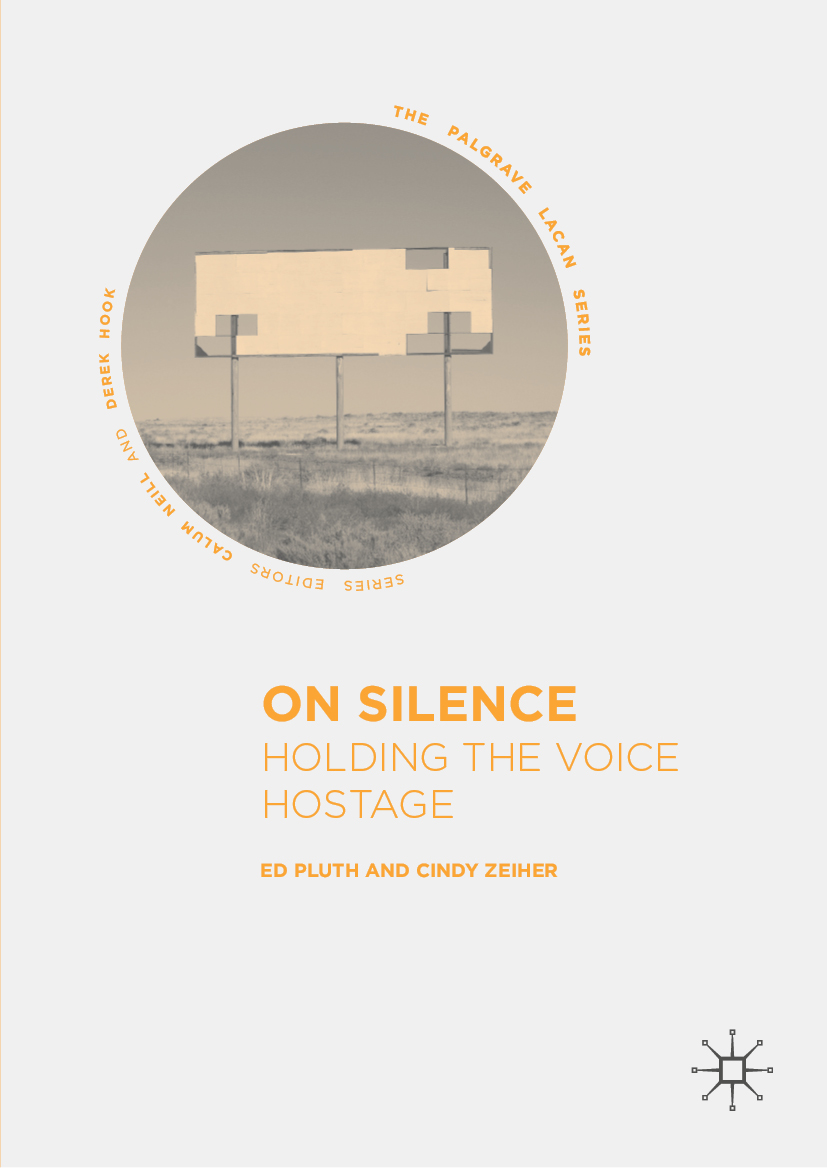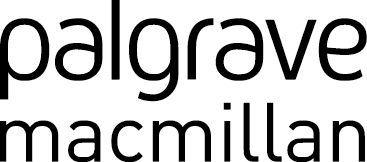The Palgrave Lacan Series
Series Editors
Calum Neill
Edinburgh Napier University, Edinburgh, UK
Derek Hook
Duquesne University, Pittsburgh, USA
Jacques Lacan is one of the most important and influential thinkers of the 20th century. The reach of this influence continues to grow as we settle into the 21st century, the resonance of Lacans thought arguably only beginning now to be properly felt, both in terms of its application to clinical matters and in its application to a range of human activities and interests. The Palgrave Lacan Series is a book series for the best new writing in the Lacanian field, giving voice to the leading writers of a new generation of Lacanian thought. The series will comprise original monographs and thematic, multi-authored collections. The books in the series will explore aspects of Lacans theory from new perspectives and with original insights. There will be books focused on particular areas of or issues in clinical work. There will be books focused on applying Lacanian theory to areas and issues beyond the clinic, to matters of society, politics, the arts and culture. Each book, whatever its particular concern, will work to expand our understanding of Lacans theory and its value in the 21st century.
More information about this series at http://www.palgrave.com/gp/series/15116
Ed Pluth and Cindy Zeiher
On Silence
Holding the Voice Hostage
Ed Pluth
California State University, Chico, Chico, CA, USA
Cindy Zeiher
University of Canterbury, Christchurch, Canterbury, New Zealand
The Palgrave Lacan Series
ISBN 978-3-030-28146-5 e-ISBN 978-3-030-28147-2
https://doi.org/10.1007/978-3-030-28147-2
The Editor(s) (if applicable) and The Author(s), under exclusive license to Springer Nature Switzerland AG, part of Springer Nature 2019
This work is subject to copyright. All rights are solely and exclusively licensed by the Publisher, whether the whole or part of the material is concerned, specifically the rights of translation, reprinting, reuse of illustrations, recitation, broadcasting, reproduction on microfilms or in any other physical way, and transmission or information storage and retrieval, electronic adaptation, computer software, or by similar or dissimilar methodology now known or hereafter developed.
The use of general descriptive names, registered names, trademarks, service marks, etc. in this publication does not imply, even in the absence of a specific statement, that such names are exempt from the relevant protective laws and regulations and therefore free for general use.
The publisher, the authors and the editors are safe to assume that the advice and information in this book are believed to be true and accurate at the date of publication. Neither the publisher nor the authors or the editors give a warranty, expressed or implied, with respect to the material contained herein or for any errors or omissions that may have been made. The publisher remains neutral with regard to jurisdictional claims in published maps and institutional affiliations.
Cover illustration: Tetra ImagesDavid Engelhardt/Gettyimages
This Palgrave Pivot imprint is published by the registered company Springer Nature Switzerland AG
The registered company address is: Gewerbestrasse 11, 6330 Cham, Switzerland
Acknowledgements
It would be rather remiss to remain silent regarding those who have helped us along the way. We are eternally grateful to our editor, Joanna ONeill who has shown infinite patience and support throughout the writing of this book. We would like to acknowledge the series editors, Calum Neill and Derek Hook for their enthusiasm of this project.
There are our friends and colleagues who have shown support through their conversations and engagement with the tricky subject of silence: Jelica umi-Riha, Russell Sbriglia, Molly Rothenberg, Mladen Dolar, Nick Derrick.
Finally, there are those in our lives who realise that the only way to support us co-authoring a book is to simply remain silent and let us get on with it. Here we thank our silent partners, An Bulkens and Reuben Derrick. And we are also thankful to those who in our deliberations of silence, absolutely refuse this command: our children, Oscar Pluth, Naima and Iris Derrick.
Praise for On Silence
Nothing is easier than to spit out some profound insight about silence as the expression of deep wisdom; it is much more difficult to systematically analyse the multiple ways silence can function: silence as a simple sign of ignorance, silence as a sign that one is overwhelmed by too much to say (or by something that is too traumatic to be put into words)There are silences and silences: when one talks all the time just so that the thing that really matters is not mentioned, this is also a mode of practicing silence, and when one keeps silent instead of providing the expected reply, this silence can be more revealing than all the words. Pluth and Zeihers On Silence provides a systematic exposition of the different modalities of silence, demonstrating that silence, not external reality, is the real object around which words circulate. The book combines the highest conceptual stringency with a clear and witty style which makes it insanely readable. If On Silence will not become an instant classic, then it is better for us, philosophers and other thinkers, to just shut up.
Slavoj iek, European Graduate School, Switzerland, University of Ljubljana, Slovenia, New York University, USA and Birkbeck Institute for the Humanities, UK
This compact, lively book makes an invaluable case for silence as an essential concept linking philosophy and psychoanalysis. From their critical examination of the ethical implications of apophasis to their exploration of the pragmatics of silence in psychoanalytic treatment, Pluth and Zeiher nimbly extricate us from clichs about silence as the beyond of language. Drawing on an astonishing range of references, the authors deliver surprise after surprise: those familiar with Lacanian psychoanalysis will find fresh insights into the intertwined logics of silence and signifier relevant to analytic theory and practice, while those interested in the history of the concept of silence will be rewarded with original readings of philosophers of being and language from the Greeks to the present day. Without sacrificing an iota of rigor, the authors write in a clear and humorous way, leading the reader on an enjoyable journey through complex arguments that will be engaging for undergraduates as well as revelatory to specialists. It is essential reading.
Molly Anne Rothenberg, Professor of English, Tulane University, USA
The rest is silence, says Hamlet, and dies, leaving us with an enigmatic and cumbersome rest at the dawn of modernity, a rest which is not even a something. The eternal silence of these infinite spaces frightens me, said Pascal a good half-century later, further imposing on us this unfathomable object that modernity will have to deal with. Ed Pluth and Cindy Zeiher take us on a stunning tour that explores all the facets of this elusive object, tackling the essential relation between silence and language, the inherent negativity and apophasis, the fullness and the void, offering us new readings of the philosophical tradition as well as of Beckett, Melville, Claudel, Cage All this with a firm red thread in their hands, that of the psychoanalytic take on silence as the essential guideline of its theory and practice, and of Lacans intervention that doesnt cease to surprise and inspire.

